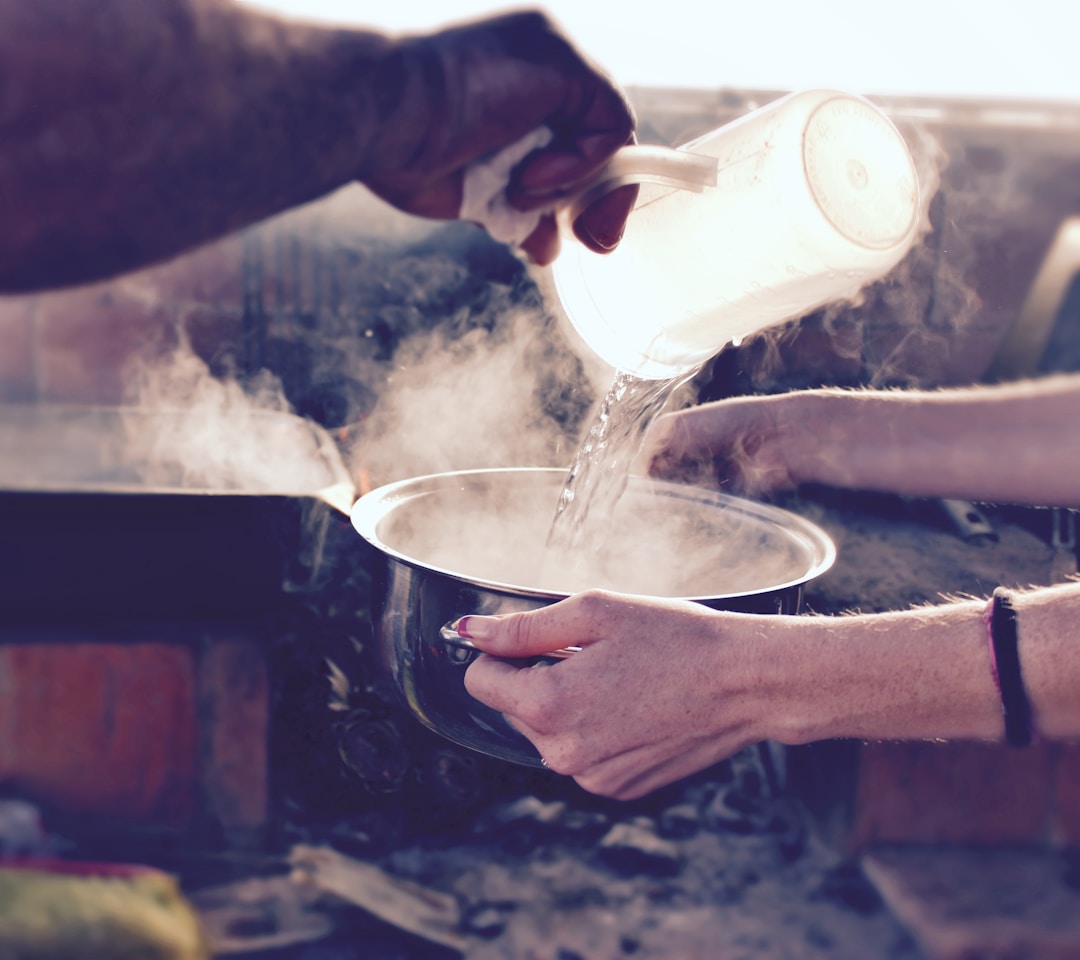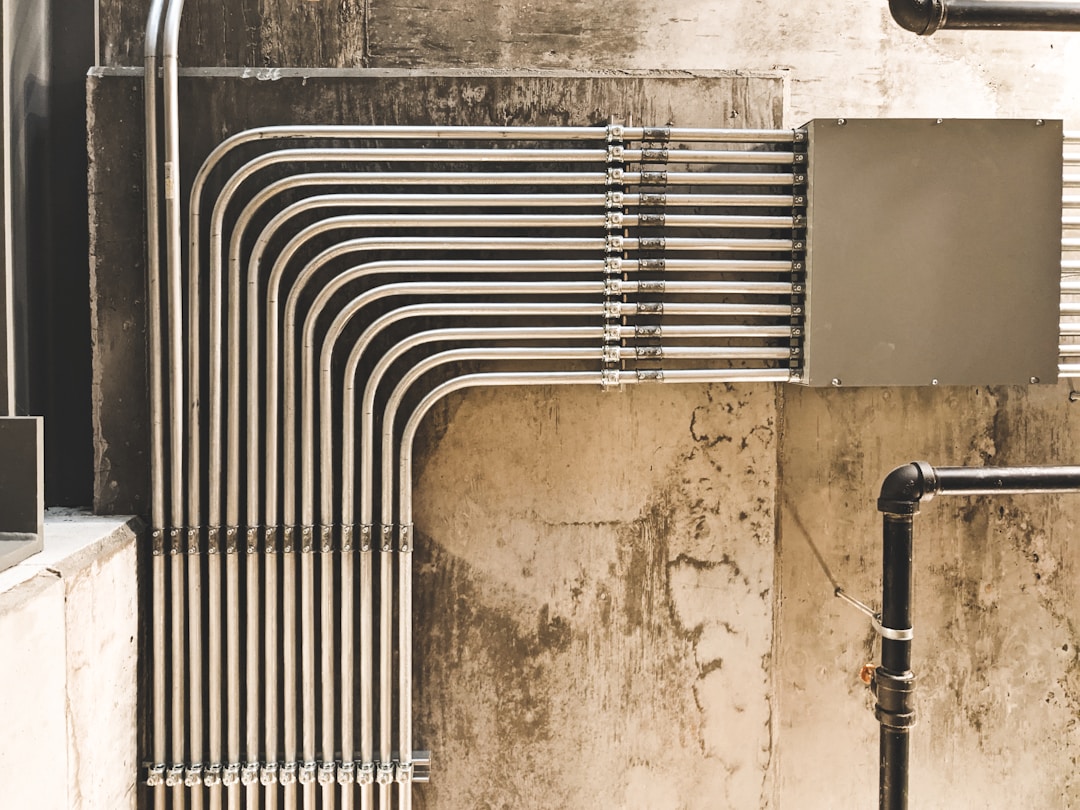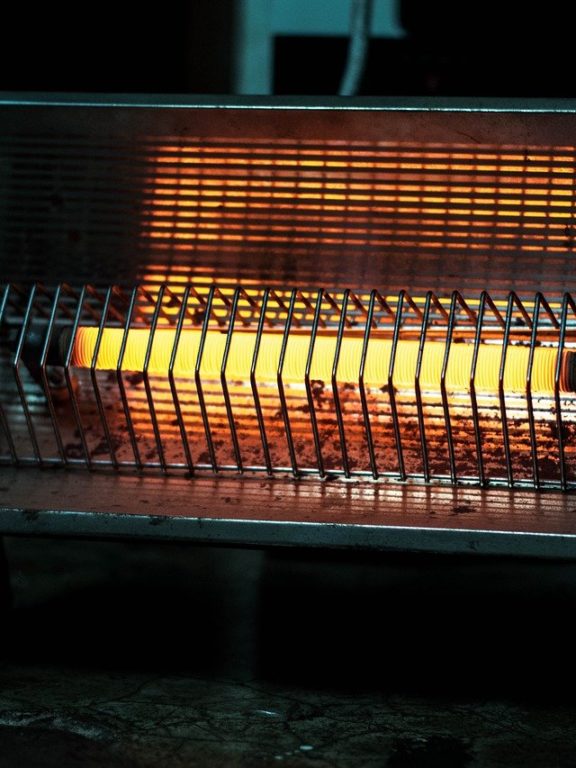Have you ever found yourself wanting to take a hot shower and waiting for the water to warm up? Do you find the water going from scalding hot to ice cold within seconds? If so, it could be time to consider upgrading your water heater.
When looking into a new heater, there are a few things that you need to take into account as a homeowner to make sure your new system is best suited for your household.
Your Budget

When choosing a new heater, make sure you are not breaking the bank. A new unit is just one part of the expenses that come with a water heater. There’s also the cost of installation, along with the impact that this new heating system will have on your heating expenses as part of an operational lifetime cost.
Homeowners may look into replacing systems that could help better heat and cool your home, saving you money in the long run. Furnaces and water heaters are among the biggest energy users in most homes, accounting for nearly half of their energy bills.
Energy Efficiency

When it comes time to look into replacements for things like electric water heaters and propane water heaters, it is important to consider the energy source and the efficiency of a new heating unit. Experts recommend replacing a boiler or furnace every ten to fifteen years, and looking into options among Energy Star qualified heaters and appliances long term.
If a hot water heater is requiring more repairs than normal, it is time to consider reaching out to a licensed plumber or contractor to work on installing and selecting a new system.
Types of Heaters

Beyond higher-efficiency models of water heaters, you can look into the type of energy or fuel source, depending on the size of your home. While traditional propane water heaters and natural gas furnaces are common for home heating systems, greener energy resources like solar water heaters are becoming more popular. Some are seeing this as the best choice for homeowners seeking to reduce their carbon footprint while aiming to lower energy bills.
A conventional water heater holds dozens of gallons of water and sits idly by for usage. Tankless models are now gaining popularity for limiting the waste of water and operating with a longer life-span than these traditional heaters seen throughout most homes across the United States. These new models run anywhere from a couple of hundred bucks for a small gas-fired unit to around $2,000 for a higher output mechanism for a larger household.
Size of the Unit

Consider how many people will rely on the fixtures in your household, and who will need hot water at any given time. Considering peak demand will help you understand what kind of water heater is best to replace your current aging heater. Bear in mind, allowing cold water to pump through your home is not only inconvenient, but also dangerous, with many illnesses linked to the bacteria that sprouts from stagnant, cold water sitting in pipes.
Some ailments can not only be taxing on your health, but also in your personal life, like dealing with endometriosis and vaginal dryness. Endometriosis is where tissue similar to the tissue lining the uterus grows outside of the uterus, typically on the ovaries or bladder. This lining thickens during the menstrual cycle, breaking down and bleeding. This leads to inflammation, cysts, and painful scar tissue.
Roughly two-thirds of women suffering from endometriosis struggle with pain during sex after their diagnosis, impacting their sex life and their sex drive. It is recommended to create an open dialogue with your partner about discomfort. You may want to consider new positions or explore alternatives to sexual intercourse that keeps things steamy without having to suffer through pain.
The comfort of you and your loved ones in your home is of paramount importance. Whether you’ve moved into a new home or are living in an older house, consider your water heater options and always have an open line of communication about health issues that may arise.

